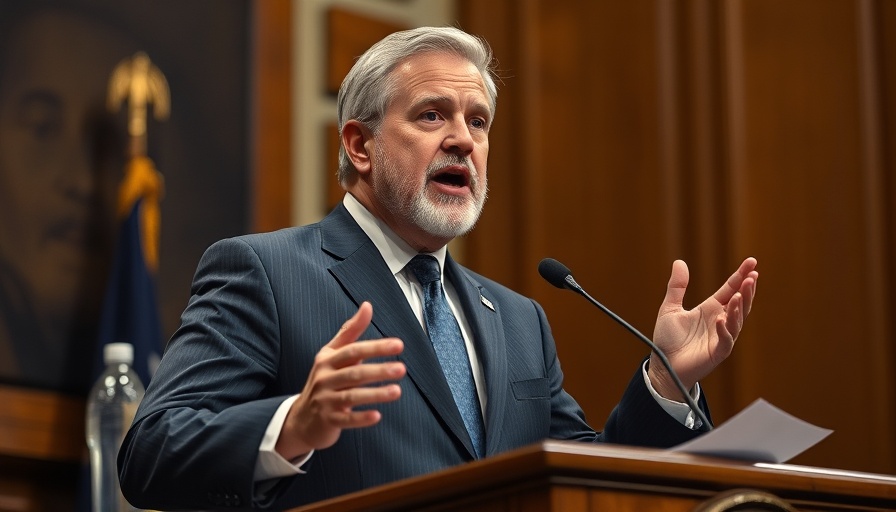
Controversial Senate Bill on Nitrogen Gas Executions Sparks Heated Debate
On March 11, 2025, the Arkansas Senate passed House Bill 1489, allowing the state to execute inmates using nitrogen gas, an experimental method first employed in Alabama. The bill, backed by Sen. Blake Johnson (R-Corning) and Rep. Jeff Wardlaw (R-Hermitage), aims to provide an alternative to the lethal injection protocol that has been marred by supply issues and controversy for years.
Interest and Outcry: Understanding the New Execution Method
Nitrogen hypoxia, the technique endorsed by the bill, has drawn criticism for several reasons. Firstly, it lacks detailed specifications as the legislation does not define the grade of nitrogen to be used, raising concerns about the potential for legal challenges. Criminal defense attorney Jeff Rosenzweig stated that the bill might encounter similar opposition due to past rulings that have deemed it unconstitutional for corrections officials to decide the execution methods independently.
The Ethical Concerns of Capital Punishment
Sen. Greg Leding (D-Fayetteville), opposing the bill, passionately addressed the ethical implications of the death penalty. With an increasing number of exonerations in the United States, he cautioned against reaffirming a system that risks taking innocent lives. Leding declared that responding to violence with state-sanctioned death does not bring moral justice and is a concerning cycle of violence.
Support for the Bill: Advocating for Victims’ Families
Sen. Kim Hammer (R-Benton), the only senator to voice support for the bill, emphasized the importance of considering the victims’ families. He argued that the state has a responsibility to ensure justice for those who have suffered from heinous acts. However, this perspective raises the question: at what cost does justice come, and can we truly support victims while relying on a method deemed largely untested?
Public Safety vs. Human Dignity: The Ongoing Debate
Proponents of nitrogen hypoxia believe it may provide a more humane alternative to lethal injection and address public safety concerns. With Arkansas having 25 inmates on death row, many argue the existing execution gap demands a new method to ensure justice is served. However, the bill's passage has ignited fierce debate about the implications of adopting such an unproven execution method.
The Broader Implications of Changes to Execution Protocols
The current discourse on HB1489 also highlights the continuing difficulties states face in carrying out executions due to the dwindling supply of lethal injection drugs, influenced heavily by pharmaceutical companies refusing to sell these substances. This situation pushes lawmakers to explore alternative approaches, yet the ethics of such decisions remain in question.
Conclusion: Join the Dialogue on Capital Punishment
The passage of HB1489 in Arkansas signifies a critical moment in the state's approach to capital punishment and opens the door for broader discussions surrounding the morality and efficacy of such methods. As the bill moves towards its final approval, it becomes crucial for homeowners and residents in Arkansas to engage in these conversations about justice, ethics, and the future of capital punishment. Join the ongoing dialogue and stay informed about how these decisions impact your community.
 Add Row
Add Row  Add Element
Add Element 


 Add Row
Add Row  Add
Add 


Write A Comment